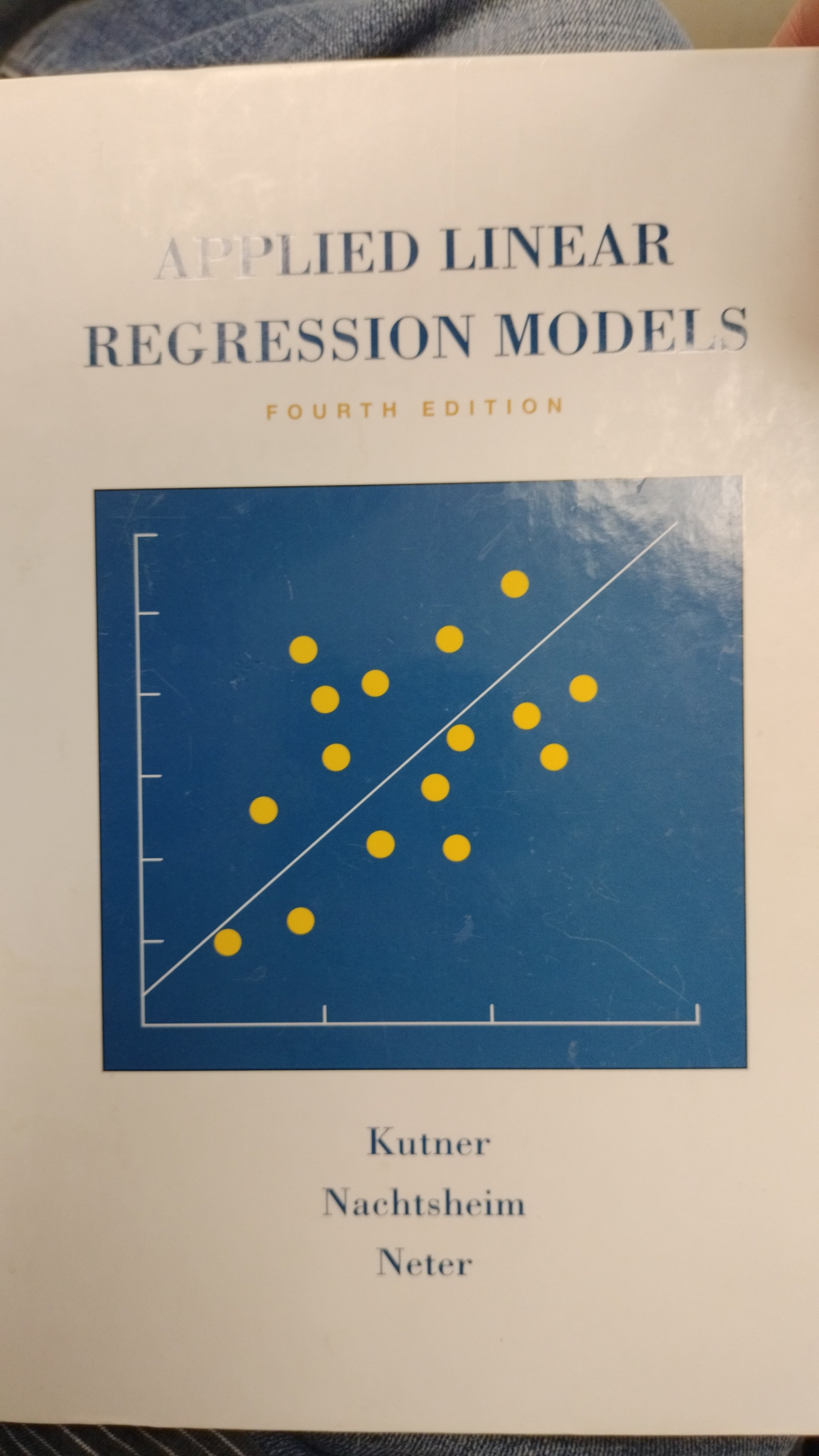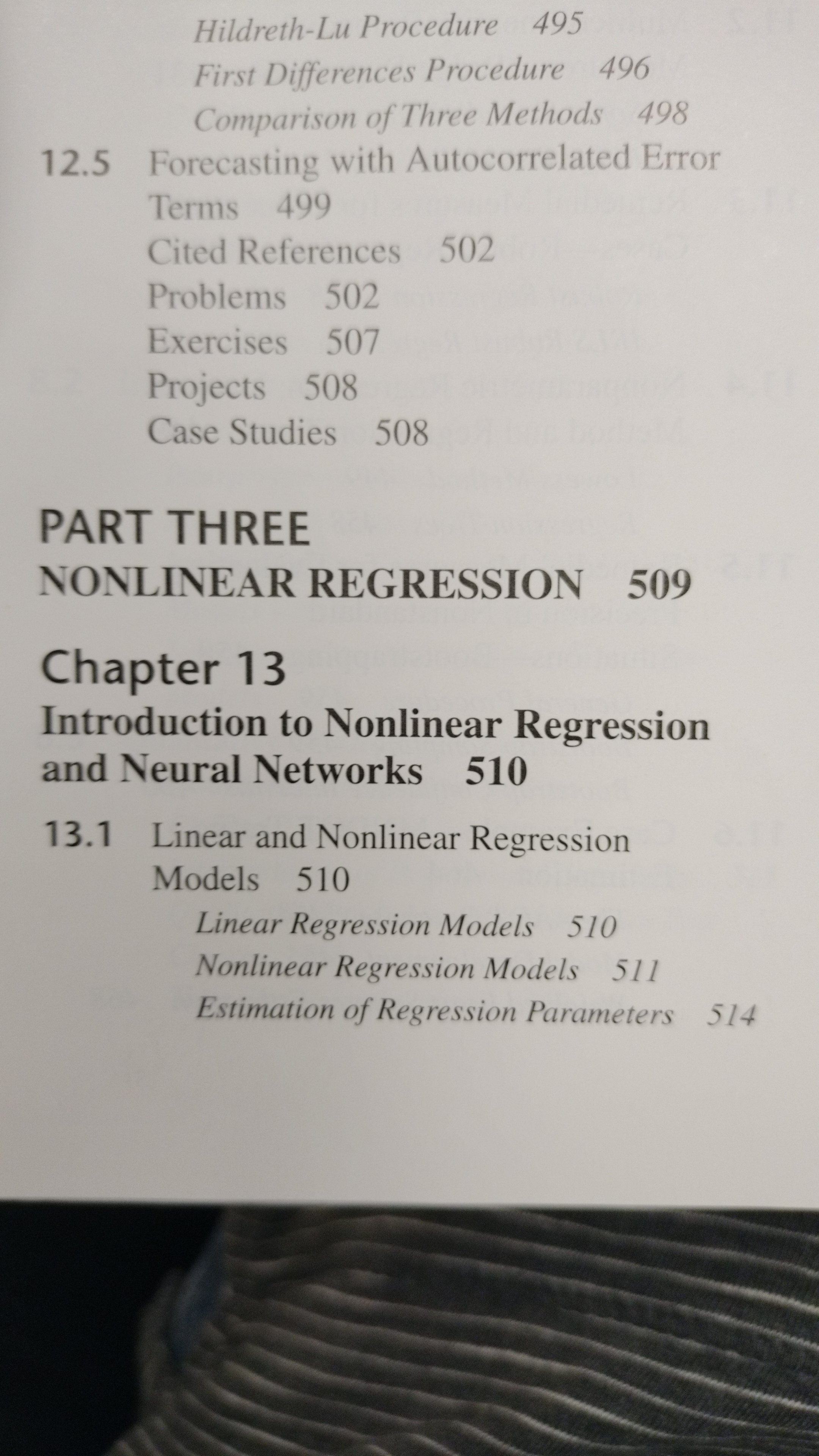“such as neatly interpretable parameters”
Hahaha, hahahahahaha.
Hahahahaha.
“such as neatly interpretable parameters”
Hahaha, hahahahahaha.
Hahahahaha.
Hahaha. People are great.


Hardware keeps getting exponentially faster and software keeps getting exponentially slower. The only people seeming to benefit from better hardware is lazy developers.
Yeah, I use that all the time. I think I use it in a different way though. I have projects with C, C++ and other languages. The C and C++ get compiled and linked together, and so there are some considerations for those files that don’t apply to anything else. So I mean C files and C++ files, but not as if they were the same language.
I guess that’s the joke, and I think we’re all confused because it’s wrong.
I did this in a project and someone later came and changed them all to .h, because that was “the convention” and because “any C is valid C++”. Obviously neither of those things is true and I am constantly befuddled by people’s use of the word convention to mean “something some people do”. It didn’t seem worth the argument though.


What is going on at Microsoft? Did anyone ask for this? How about they make search work again and not use 4 Gb just turn turn on the computer?


I found a single prompt that works for every level except 8. I can’t get anywhere with level 8 though.


The article headline is misleading. Nothing in the study indicates that fingerprints can’t be used to uniquely identity people. It claims to show that although each fingerprint on a single person is unique, they have similar features. Thus, one could assess whether a pair of fingerprints come from the same person.
This is an article describing someone impersonating an officer and submitting a fake warrant. It’s incredible that Verizon fell for it, but what does it have to do with SMS?
Are the fish congregating because they see the cameraperson? That looks way too high density.


I buy sheets of paper and cut them to size. I use Strathmore drawing paper a lot. It’s not excellent at holding most inks, but it’s Ok and it’s fairly stiff, which is good for cards. Clairefontaine Triomphe paper gives great crisp edges on the ink, so sometimes I’ll draw on that and attach it to stiffer paper (https://www.jetpens.com/Clairefontaine-Triomphe-Notepad-A4-Blank-50-Sheets/pd/10365).
There are tons of kinds of papers and nibs and quite a few inks. Mostly I’d say there’s nothing bad, just different things have different uses. Art stores have racks of fancy paper to use for trim or other decorations. You’ll want some standard nibs. Leonardt and Speedball sells sets. Some really fun nibs are the Brause 361 and Zebra G. For writing the Windsor and Newton calligraphy ink is really nice. For drawing I try out different brands or whatever color or texture seems nice for what I’m doing.
Just to get started, I’d get a set of Leonardt nibs (they come in a carrying tin) and a straight handle, black Windsor and Newton calligraphy ink, and any drawing paper stiff enough for a card. Then think of a card design and buy the colored inks you need of whatever brand.
The only thing in this hobby that has ever seemed crappy are the plastic nib holders with patterns printed on them. They dry out and split. I can’t find a picture online, but every art store with nibs always has these holders too. The Speedball plastic ones are fine.


I hand draw cards using dip pens, ink, brushes, or whatever media is interesting. It’s a nice way to spend time, and art shops have a fascinating array of niche products. There’s a bit of consumerism there, since you’ve got to buy the supplies. But a few supplies goes a long way, and there’s not really the sort of expansion lock in that other products have. You’ll always want a new ink color or a different nib for some purpose, but you can get any brand you want. They don’t look great, but, uh, it’s the thought that counts?


An expensive coffee costs $5. For a person that makes $100,000 that’s 0.005% of annual income.
Musk’s annual cost would be $33,120 for all three kids. I don’t know his annual income and because a lot of his worth is in stocks it’s probably hard to figure out and highly variable. I’ll do some pretty stupid math and say he’s worth 185 and he’s 52, so he’s made 3.5 billion a year.
Musk is fighting to pay an annual cost for all the of his three kids of 0.0009% of his annual income, a amount proportionally less than what many spend one day on coffee.


It’s $2,760 for all three kids. Still considerable extra income but kids are expensive.


It’s completely fine for me on FF mobile.
I used Debian for a bit many years ago. It was great for all the reasons you are tired of Arch (I had tried Gentoo before Debian). When Ubuntu came out, I was quite happy with it. It had the stability of Debian, but was a bit more polished and had better support for new stuff without sacrificing stability.
I’m moving on from Ubuntu at this point, and have tried Mint, but not Mint Debian. It’s nice enough. I’m curious what Debian is like these days though. I haven’t used it in a decade at least.
Snaps are ways to ship software where everything is bundled together and the developer doesn’t need to sort out dependencies on the distribution. This often makes the package bloated. It has no direct benefits for users, but it makes life easier for developers. Thus, indirectly, users might get access to some software they would otherwise need to compile if no one’s got it readily available for the user’s distribution. Ubuntu appears mostly to be using it because they don’t want to bother sorting out dependcies. On Ubuntu, and only on Ubuntu as fast as I know, some packages in apt will install the snap version silently, which, I think rightfully, annoys a lot of users.
There are similar alternatives, like flatpak, which also bundle dependencies. Some aspects of snap are proprietary to Canonical, the makers of Ubuntu, so you’ll find people who are ok with the somewhat bloated software if it makes software more widely available, but aren’t happy with a proprietary format in what is largely an open community.
I believe snaps are only installed by default on Ubuntu at this point. Debian has apt and I don’t think it installs a snap version unless you asked for that.
“If parameters aren’t neatly interpretable then it’s bad statistics.”
Haha, keep going guys. You obviously know a lot about statistics.